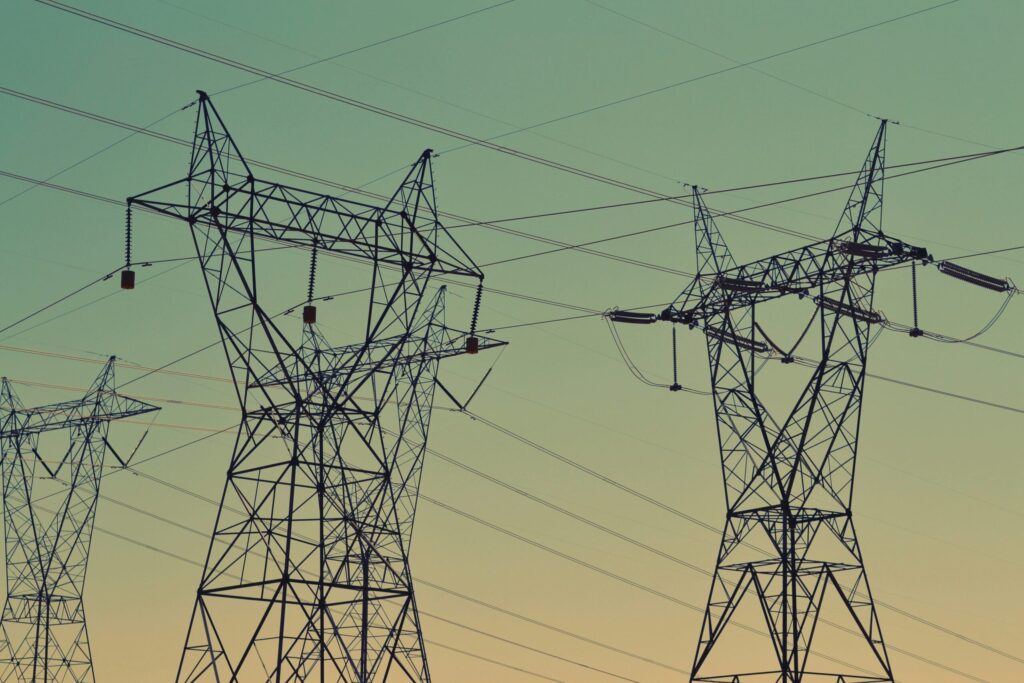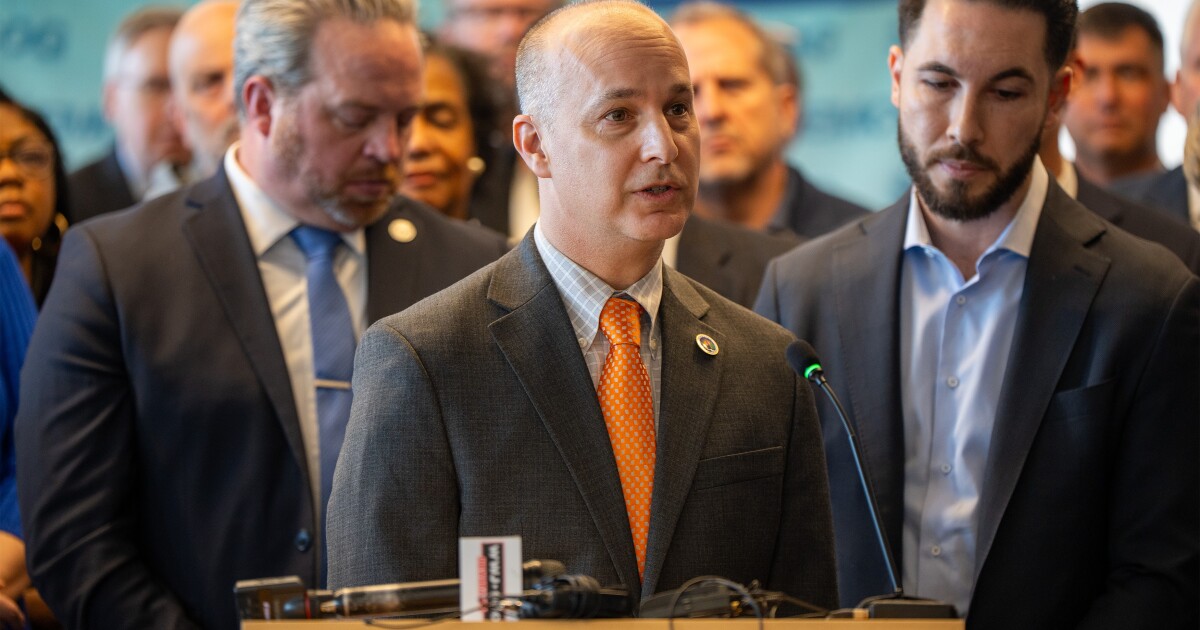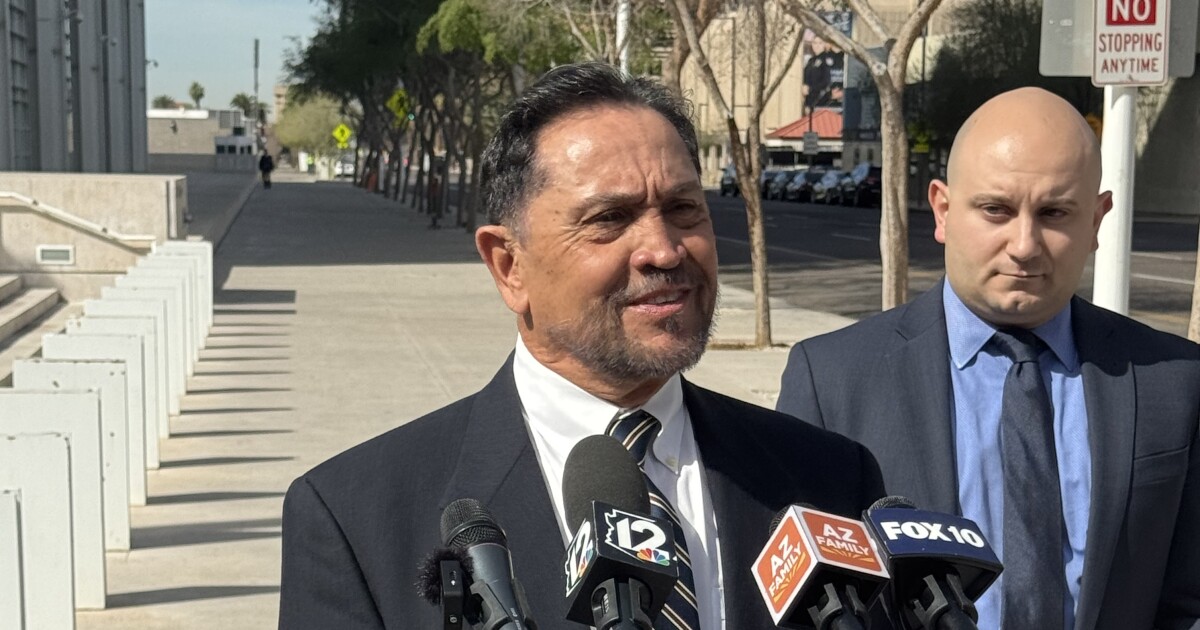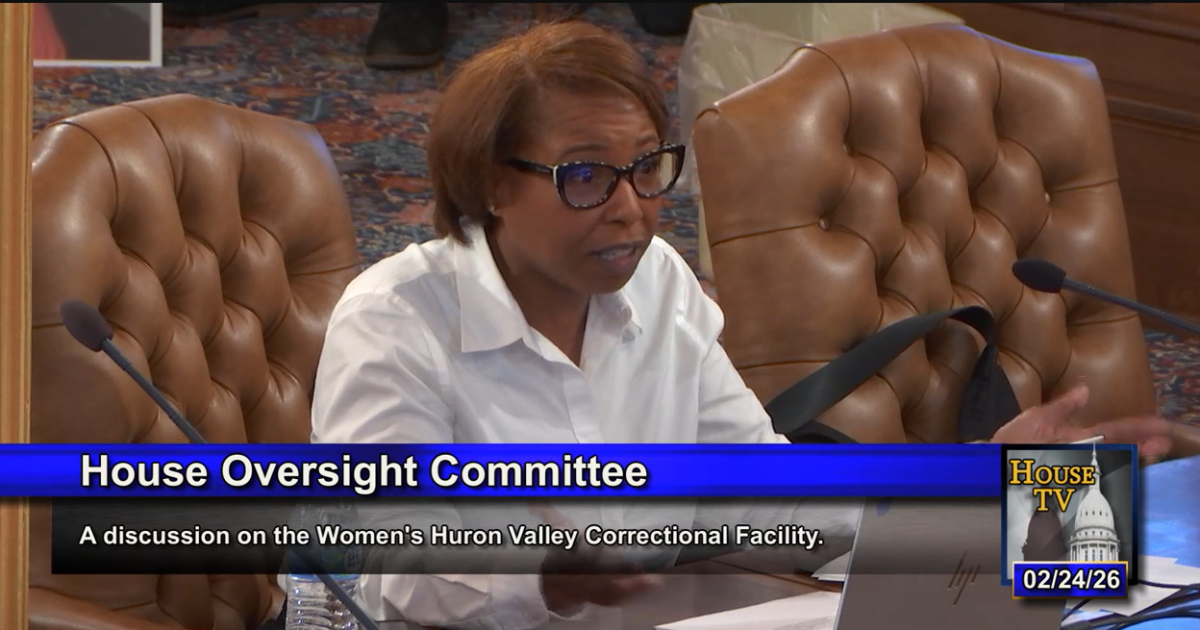Article Summary –
The U.S. Department of Energy, under President Trump’s administration, is reportedly planning to cancel an additional $12 billion in energy infrastructure projects, which could lead to higher energy costs and hinder efforts to modernize energy systems. The cuts include grants that were set to improve energy efficiency and reduce costs, such as $130 million that would benefit Wisconsin, potentially affecting employment and energy efficiency projects led by organizations like Slipstream. Scott Hackel from Slipstream emphasized that continued project cancellations might increase utility bills and harm the nation’s competitive position in energy innovation.
After canceling billions in energy infrastructure contracts since Donald Trump took office, the U.S. Department of Energy is reportedly planning $12 billion more in cancellations.
Trump’s 2024 campaign promised lower energy costs through an “all of the above” energy strategy. However, potential cuts may lead to higher home energy expenses.
On Oct. 7, Semafor released a list of clean energy projects Trump aims to halt. This “kill list,” as described, includes grants to enhance the electrical grid and reduce energy costs, such as $130 million designated for Wisconsin.
The Department of Energy did not comment on this report.
Three contracts, totaling $9.3 million, are with Slipstream, a Madison nonprofit promoting energy efficiency.
Scott Hackel, Slipstream’s VP of Research, stated these grants fund efforts to modernize energy codes and a pilot for reducing building energy use during peak times. Although not officially canceled, these projects are at risk: “We’re still working on them but they’re at significant risk. We’ve heard of likely more cancellations from the federal government. We’re doing what we can to keep moving forward.”
Slipstream employs about 130 people, nearly half in Wisconsin. Cancellations could negatively impact both jobs and energy efficiency. Hackel noted a small reduction in Slipstream’s workforce this year, a trend seen across many nonprofits, predicting that contractors on these projects would also suffer from further cuts.
If grants remain, they could lower consumer costs long-term. “Well-implemented energy codes absolutely lower utility bills,” Hackel said. “As the grid gets more constrained, utilities need more transmission lines and peaker plants, raising rates.”
Hackel argued for the administration to reconsider its strategy as these measures aim to reduce energy costs.
“Energy efficiency has been a focus across various administrations and economic shifts,” Hackel stated. “Canceling large parts of it now may raise energy costs and hurt our competitiveness.”
—
Read More Wisconsin News










